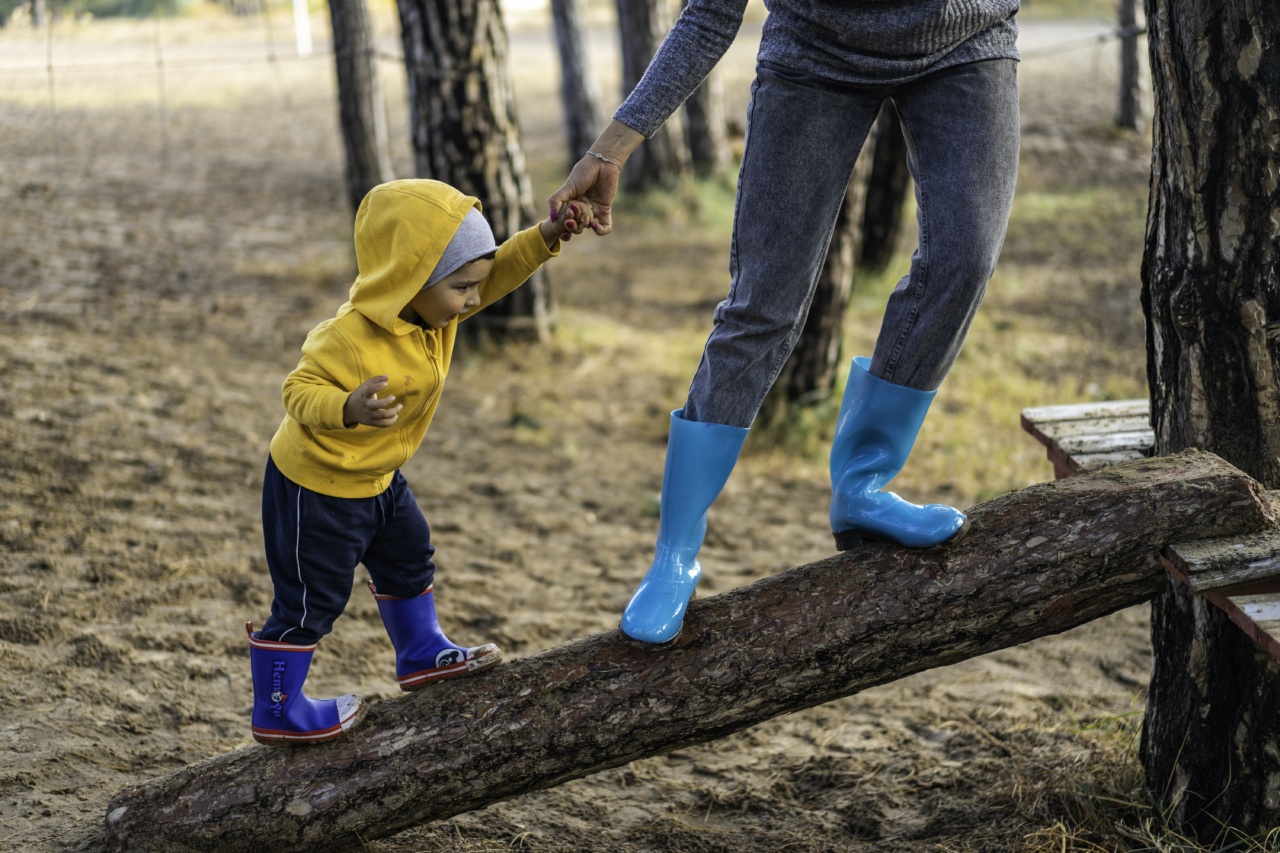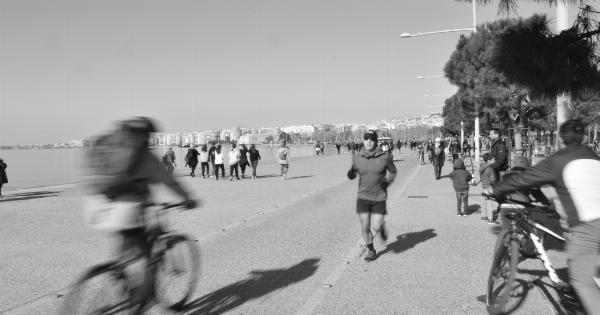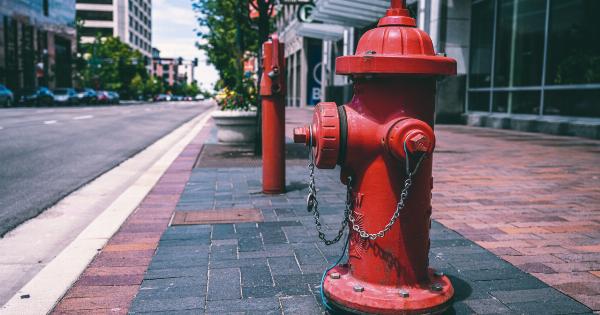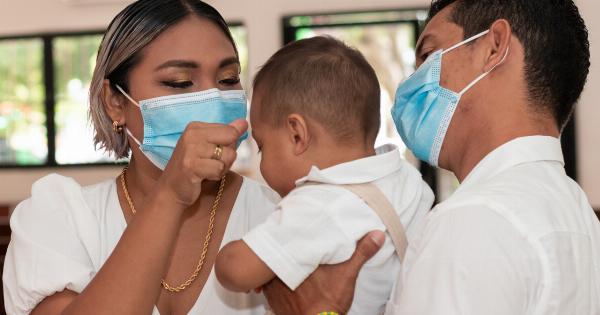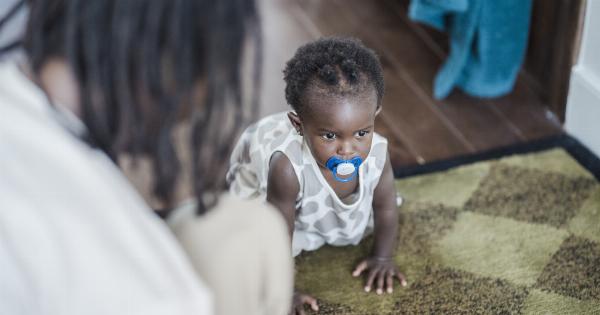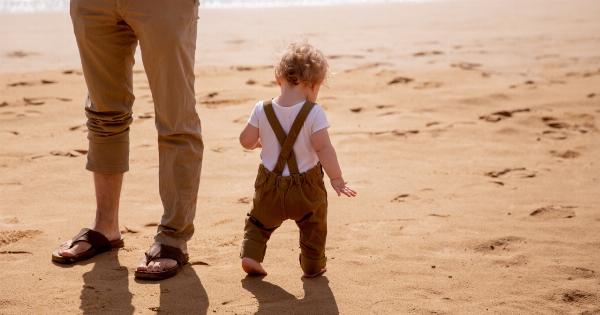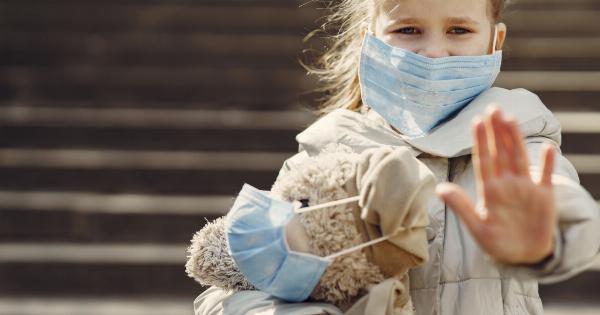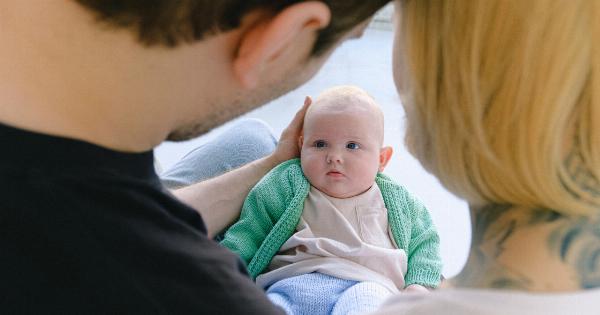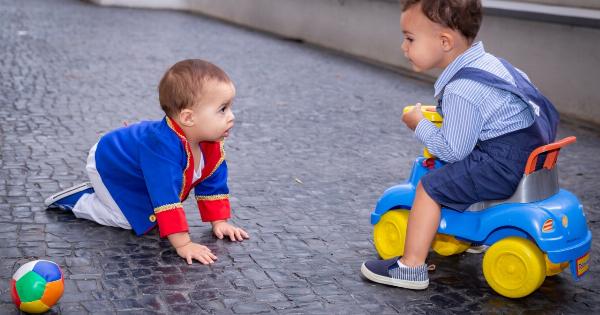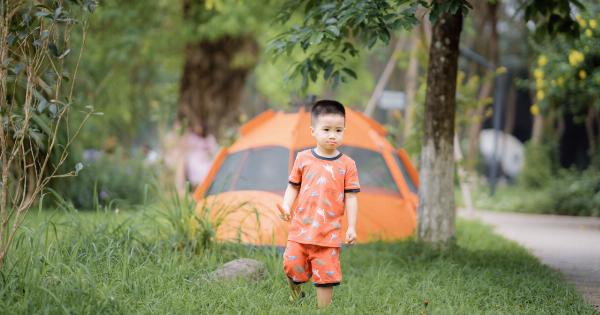As a parent, it is natural to want to spend quality time with your baby and enjoy some fresh air together. However, when it comes to taking your baby for a walk late at night, it is crucial to be aware of the potential dangers that lurk in the darkness.
While a leisurely stroll during daylight hours may be enjoyable and safe, venturing out with your baby during the late hours can increase the risks involved. In this article, we will explore the reasons why walking your baby late can be risky and the precautions you should take to ensure their safety.
The Importance of Routine and Sleep Patterns
Establishing a consistent sleep routine is crucial for your baby’s overall well-being. Late-night walks can disrupt your baby’s sleep patterns and may lead to sleep deprivation.
Babies thrive on routine, and sudden breaks in their regular sleep schedule can result in irritability, restlessness, and even developmental issues. Therefore, it is essential to prioritize their sleep needs and avoid any unnecessary disruption.
Reduced Visibility and Increased Safety Concerns
Walking with your baby during the late hours often means poor visibility, especially in poorly lit areas or secluded paths. Reduced visibility can make it difficult for both you and drivers to spot potential hazards, increasing the risk of accidents.
Whether it’s an uneven sidewalk, a stray object, or an approaching vehicle, decreased visibility can significantly compromise your ability to react swiftly and keep your baby safe. It is advisable to choose well-lit areas and paths that are free from potential hazards when taking your baby for a walk.
Increased Security Risks
Nighttime can be an opportune time for potential criminals. Walking with your baby late at night may make you more vulnerable to attacks or theft. Criminals often take advantage of secluded areas and low foot traffic during the late hours.
Ensuring your baby’s safety should always be the top priority, and avoiding unnecessary risks by limiting night-time walks is crucial. If you still wish to take a walk, consider doing so in a group or well-populated areas, and always stay vigilant.
Unpredictable Weather Conditions
Weather conditions can greatly impact the safety of walking with your baby, especially during the late hours. Rain, storms, or extreme temperatures not only make it uncomfortable for your little one but also pose health risks.
Exposing your baby to harsh weather conditions can lead to illnesses such as colds, flu, or even heatstroke. It is necessary to assess the weather forecast before heading out and ensure your baby is appropriately dressed and protected from any extreme weather elements.
Potential Encounter with Wildlife
During the night, the probability of encountering wildlife increases. Depending on your geographic location, walking with your baby late can put you at risk of encountering animals that may pose a threat.
From stray dogs to nocturnal creatures such as raccoons or even snakes, any unexpected encounter can create a dangerous situation for both you and your baby. It is advisable to avoid wooded areas or places known for wildlife activity when choosing your walking route.
Increased Fatigue and Lack of Focus
Walking with a baby late at night can be physically and mentally exhausting, as your body is already accustomed to rest and relaxation during those hours.
Being fatigued can lead to a lack of focus, reducing your ability to respond promptly to any potential dangers. Moreover, a tired mind may also be more prone to tripping, stumbling, or falling. It is crucial always to prioritize your own safety as well, as your well-being directly affects your ability to care for and protect your baby.
Distracted Drivers and Road Safety
Walking with your baby by the roadside during late hours increases the risk of encountering distracted drivers.
Drivers who are fatigued, under the influence of substances, or simply not paying attention may pose a severe threat to the safety of you and your baby. Even if you are following all safety precautions, you cannot control the actions or awareness of others on the road. It is best to choose alternative paths away from busy roads and minimize the chances of any potential accidents.
Nighttime Noise and Disturbance
The late hours often bring with them increased noise levels from various sources, such as vehicles, late-night gatherings, or construction work. Loud noises can startle or awaken your baby, causing distress and interrupting their sleep.
Consistent exposure to disruptive sounds during late-night walks can negatively impact your baby’s overall sleep patterns and well-being. Ensuring a peaceful and quiet environment for your baby’s sleep is crucial in promoting healthy development.
Alternative Ways to Enjoy Quality Time
While late-night walks may not be the safest choice for your baby, there are several alternative ways to enjoy quality time together. Engage in activities such as reading bedtime stories, singing lullabies, or cuddling in a calming environment.
These activities offer valuable bonding opportunities and contribute to your baby’s cognitive and emotional development. Additionally, engaging in interactive play or gentle massages can also help in establishing a soothing bedtime routine.
Precautions for Walking Your Baby During the Night
If you must take your baby for a walk during the late hours, it is vital to prioritize their safety and take necessary precautions. Here are some key measures to consider:.
1. Ensure Proper Illumination
Choose well-lit areas for your baby’s night-time walks. Carry a flashlight or wear reflective clothing to improve visibility and make yourself more visible to others, such as drivers or pedestrians.
2. Utilize a Sturdy and Reliable Stroller
Invest in a high-quality stroller with safety features that will keep your baby secure during the late-night walks. Ensure that the stroller has reflective strips or markings to enhance visibility.
3. Dress Your Baby Appropriately
Consider the weather conditions and dress your baby accordingly. Layer their clothing to ensure they stay warm or cool depending on the temperature. Don’t forget to cover them properly, including their hands and feet.
4. Stay Alert and Observant
Keep a watchful eye on your surroundings and be aware of any potential dangers. Stay alert for approaching vehicles or any suspicious individuals.
Trust your instincts and, if something doesn’t feel right, take immediate action to ensure your safety and your baby’s well-being.
5. Walk in Familiar Areas
Stick to paths and areas you are familiar with when walking your baby late. By doing so, you can be more confident in assessing potential risks and identifying any changes in your surroundings.
6. Inform Someone About Your Plans
Before heading out for a late-night walk with your baby, inform a family member, friend, or neighbor about your plans and intended route. Share details of your estimated time of departure and return.
This way, someone will be aware of your whereabouts in case of an emergency.
7. Stay Connected and Carry a Phone
Always carry a fully charged mobile phone with you during your walks. In case of any unforeseen circumstances or emergencies, having a phone readily available can be invaluable.
8. Avoid Distractions
Keep distractions, such as headphones or excessive phone usage, to a minimum during late-night walks. Being fully present and focused will help you better perceive your surroundings and ensure the safety of your baby.
9. Time Management
Try to schedule activities and outings with your baby during daylight hours to establish a consistent routine. This will help ensure that their sleep patterns remain undisturbed, reducing the risk of sleep-related issues.
10. Trust Your Instincts
Ultimately, trust your instincts as a parent. If you feel uncomfortable or sense any potential risks during a late-night walk with your baby, it is best to abort the plan and prioritize safety above all.
By understanding the potential risks and taking appropriate precautions, you can make informed decisions regarding late-night walks with your baby.
While spending quality time together is essential, ensuring their safety and well-being should always be the priority. Opt for alternative activities that promote bonding and engage your baby in a safe environment. By doing so, you can enjoy precious moments together while minimizing potential dangers.
